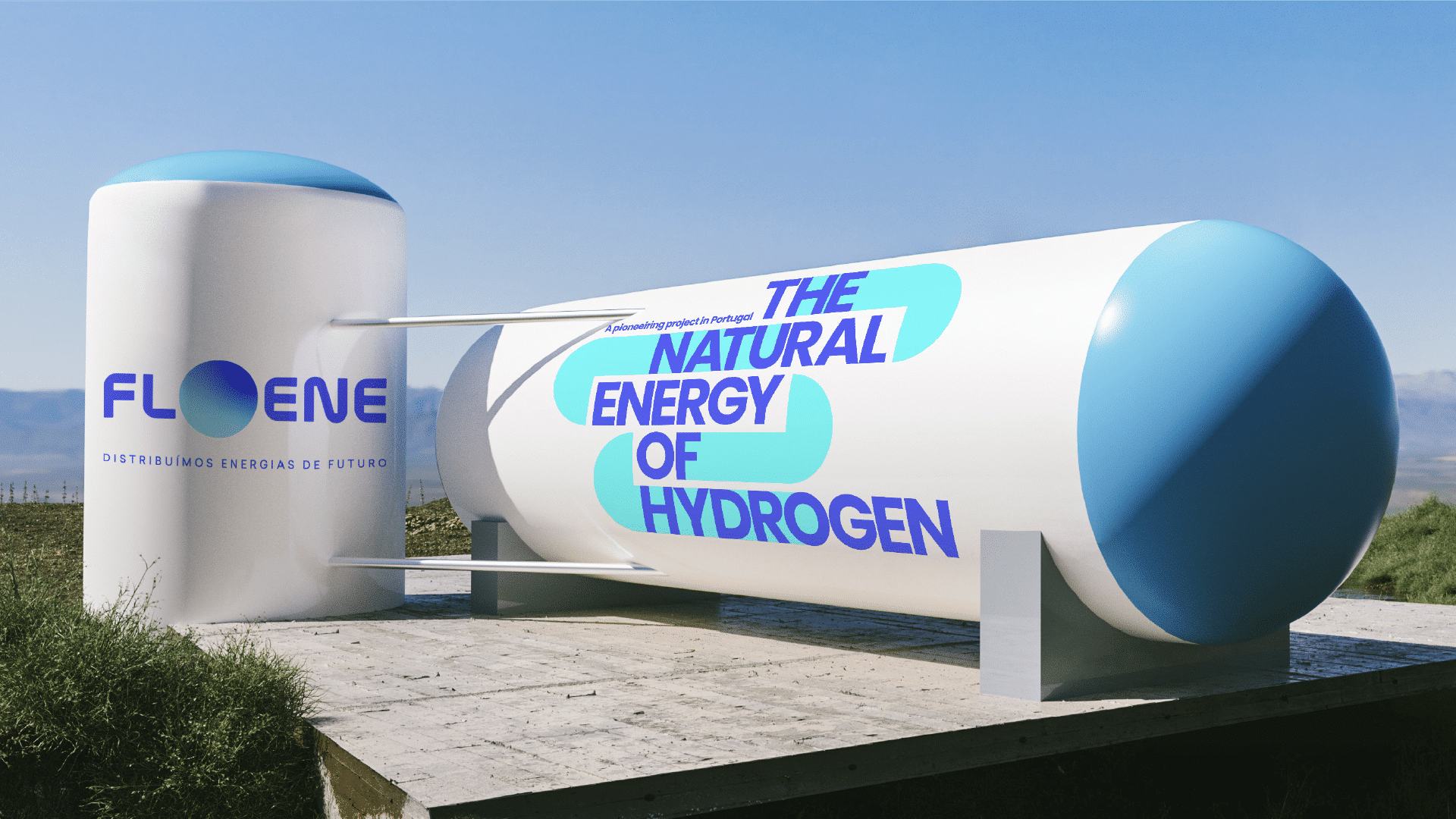On 7 March 2023, Floene took a historic step along the path of energy transition and decarbonisation of the Portuguese economy. In the presence of the Prime Minister, António Costa, Green Hydrogen was officially introduced into the gas distribution network in Portugal, more specifically in the municipality of Seixal. The "The Natural Energy of Hydrogen" project is supplying a group of 82 residential, tertiary and industrial customers and will serve as an example for other projects at the national level.
After a test phase, these customers were officially supplied with a mixture of Green Hydrogen and Natural Gas, increasing the percentage of Green Hydrogen (H2) up to a maximum of 20%. The H2 is produced locally using 100% renewable energy, in the Seixal Industrial Park, by the Portuguese company Gestene. After being produced and stored, the H2 travels 1,400 metres in a polyethylene pipeline, as is used in about 95% of the gas network used in Portugal, to a station where it is mixed with natural gas and then distributed to customers.
"The Natural Energy of Hydrogen" is a project financed by the Environmental Fund (EF), and has been developed and tested since 2021 with great success.
“The introduction of renewable gases, such as biomethane and, in this case, hydrogen, into the gas distribution network is the priority and a commitment of Floene, in line with the national and European objectives of decarbonisation, reduction of greenhouse gas emissions and diversification of the energy mix,” said the Chairman of Floene's Board of Directors, Diogo da Silveira.
“The moment when the Prime Minister started the H2 mix was the "H Hour" of the transition to the energy of the future in Portugal, with a high impact on energy self-sufficiency, economic development, reduction of energy bills and environmental conservation,” said Floene CEO, Gabriel Sousa.
In addition to opening the valve, which marked the beginning of the injection of green hydrogen into the gas network, a stove fed by the new mixture was also used to demonstrate the suitability of current domestic equipment for the use of H2. This also highlighted the principle of complementarity between gas and electrical systems in the decarbonisation process.
The Floene network, as one of Europe's most modern, about 96% polyethylene in structure, is also prepared to receive renewable gases without needing adaptation or additional investment, which constitutes an important added value for implementing the strategy of decarbonising infrastructure and the economy.
"The Natural Energy of Hydrogen" has as institutional partners the Seixal City Council and the Environmental Fund, and as technical partners Bosch, Catim, Gestene, ISQ, PRF, the Higher Technical Institute and Portuguese Association for the Promotion of Hydrogen – HP2H.
Learn more about the project here.


